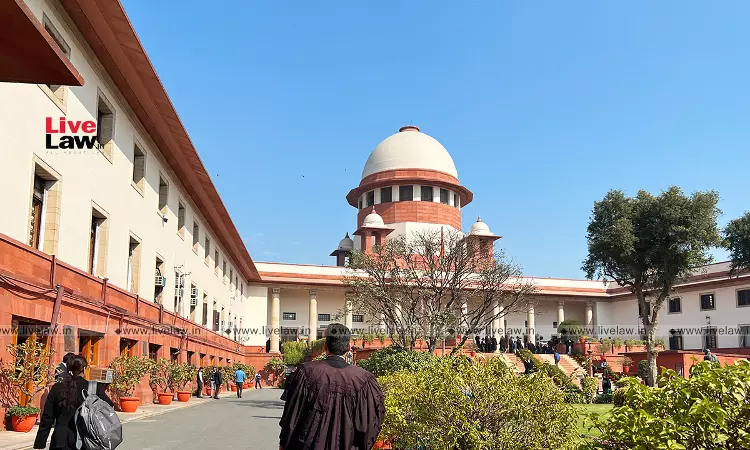The Supreme Court recently refused to interfere with the selection process to judicial services conducted by the Gauhati High Court, Gujarat High Court and Patna High Court in a batch of matters being heard by the Top Court in a reference made to the Constitution Bench in Tej Prakash Pathak and others v. Rajasthan High Court and others (2013) 4 SCC 540.A Constitution Bench led by Chief...

